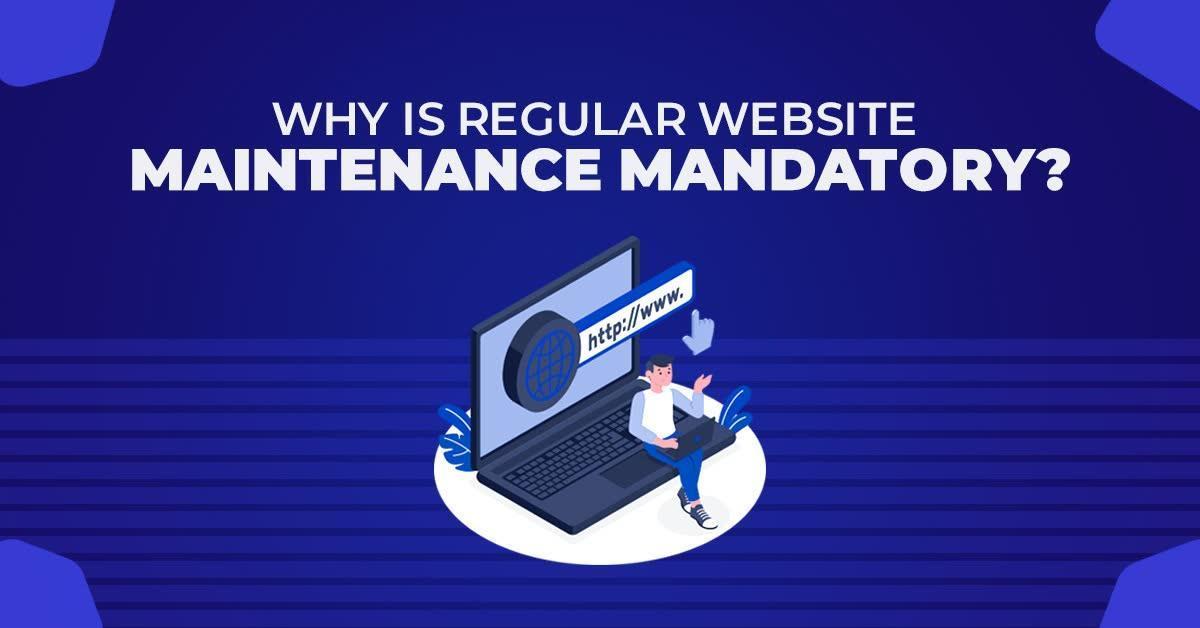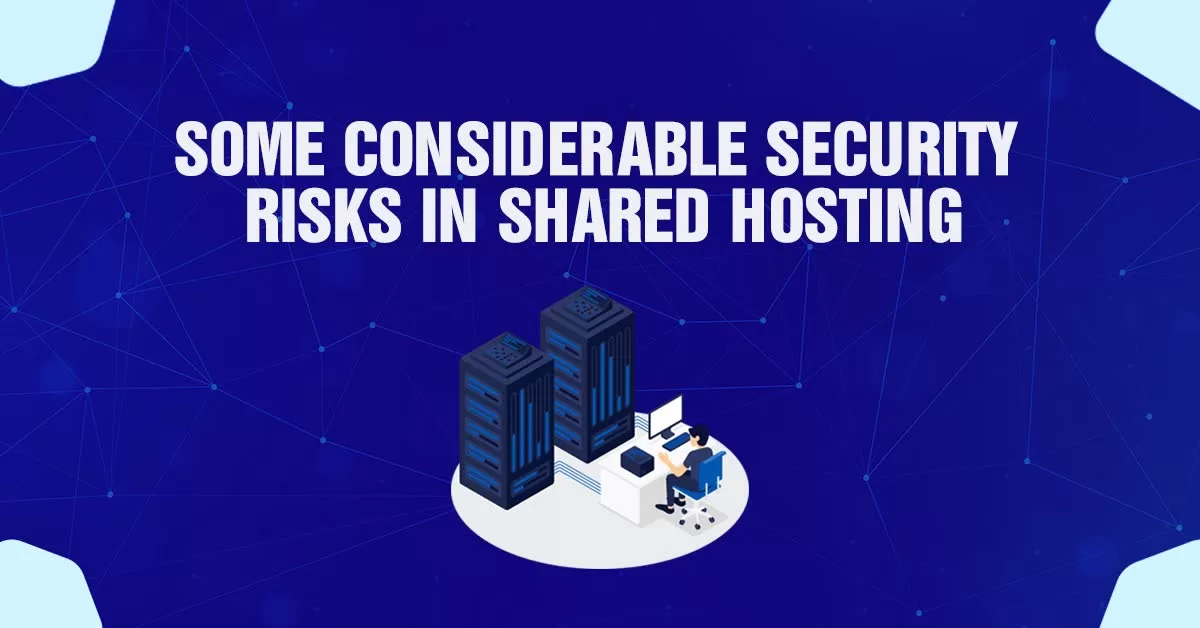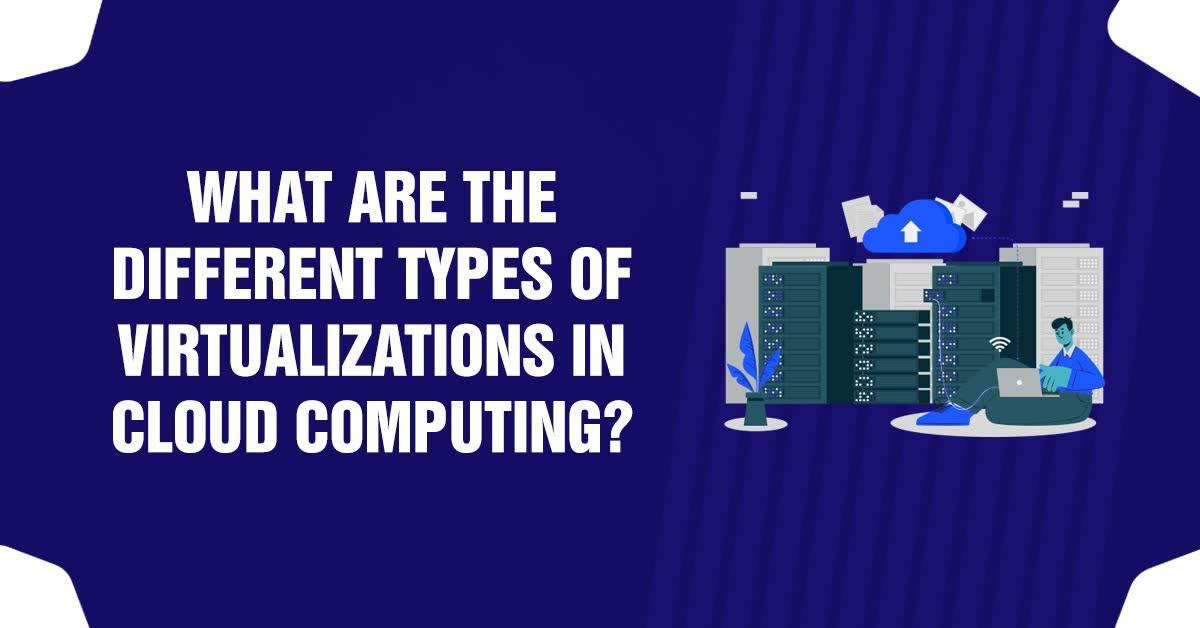Physical Servers vs Virtual Server – This Or That
When it comes to selecting hosting solutions for an organization or an enterprise there are quite a few options available. Each and every hosting service has its own benefits and drawbacks that if not selected correctly, will affect the entire business or the organization’s goals and objectives. There are two most preferred and very popular solutions for hosting. They are: dedicated servers which are also known as physical servers and the other one is the virtual server.
Choosing the aptest hosting entirely depends on the features that a company or a business organization requires. As you read through you will understand clearly all the pros, cons and working of both types of servers i.e physical servers and virtual servers.
Physical server – An overview
A physical server is also known as a dedicated server. When you select a physical hosting server, all the resources associated with it such as storage space (disc), GPU cores, RAM, networks, etc. will be allocated to a specific client or the user.
Since all the resources are dedicated to a single user, they are called dedicated servers. This type of server can be used to host various applications and sites and can also store huge amounts of data or information related to the business. The hosting service provider will allocate a physical server in a data center and remote access will be enabled to the sole client or the user.
Virtual server – An overview
The emulation of a dedicated server is known as the virtual server. This type of server is not a physical machine nor is it tangible, it is just a virtual machine that is created on the dedicated server. A piece of software called the hypervisor should be installed and kept ready on the physical server so that a virtual server can be created through it.
The hypervisor enables the admins to develop and then launch all the created virtual machines in the physical machine through the server. Storage discs, RAM, cores, etc. for the virtual server are shared from the physical server. Multiple virtual servers can be hosted on a single physical server. As the virtual server gets the resources from the physical server, this is also called shared hosting.
Though the virtual server is hosted on a physical or a dedicated server, it is still independent. The user or the client using the virtual server will have the exact experience of using a physical or dedicated server.
Major Differences To Be Considered – Physical Servers vs Virtual Servers
Mentioned below are five major hosting differences between physical servers and virtual servers.
- Security
Every type of hosting has its own advantages and disadvantages where security is considered. Being the sole owner of a physical server, more privileges are given to the user or the client. This is why the users of physical servers have the capacity to install and put forth numerous security measures. But most importantly, the users are also responsible for safeguarding their premises from digital attacks from hackers.
The vendors of servers will always protect and maintain the virtual servers. They will guarantee security but will restrict your access controls. However, all the service providers make sure maximum security is provided. The security of the virtual server and physical server go hand in hand.
- Scalability
It is a well-known fact that all virtual servers are extremely flexible. With very few taps, various resources and functions can be easily removed and added. But on the other hand, in physical servers, extra physical servers must be manually added. Through this, it is safe to say that virtual servers are comparatively faster and easy to scale. More necessary resources can be easily and quickly added to the virtual servers. Virtual servers are the best go-to when scalability is taken into consideration.
- Performance
The dedicated and virtual servers both provide optimal performance. Either of these servers can be configured in an exact manner where all their specifications match. In a virtual server, there will be a decrease in performance, and resource choking might occur for a temporary period as all the virtual servers share the same single physical server. But in a physical server that is not the case, as all the users have resources that are separately allocated for private usage. This is why they provide excellent consistency. A dedicated server or the physical server is the best go-to option when performance is a major concern.
- Business Continuity
Virtual servers are not harmed in case of natural calamities or any form of sudden disaster. Virtual servers have the ability to migrate from a single physical host to a different physical host. But physical servers are very susceptible to damage. They will definitely get destroyed in case of natural calamities. The damages that are caused will ultimately lead to a spike in downtime and the SEO ranking will get reduced.
Damage caused in a virtual server can be quickly mitigated and can be up and running in no time, but it’s not the same with physical servers. Though physical servers have a disaster recovery plan ready in place, it will definitely take a long time and lots of effort for the smooth functioning of the servers again.
- Cost
The virtual servers are emulations in a digital form that can be modified, created, and also destroyed. The allocated resources can be altered or changed at any point in time. The virtual servers are the most scalable and budget-friendly as their sources can be scaled up according to the increased needs.
In a physical server, as the requirements increase, additional components must be physically added. Several start-up businesses tend to go with physical servers right from the initial stages of launching their site, this will result in higher hosting costs. The set-up process will also be one of the cost factors. Unlike the hypervisor that is used in a virtual server, a physical server demands manual set-up, which involves additional charges. With this, we can conclude that the virtual server is the best choice where pricing is considered.
Conclusion
By getting to know about both the server types, you could have clearly understood the major features and differences each one possesses. A dedicated server is costlier but provides more power, liberty, stability, and performance. Virtual servers are a perfect fit for small to medium-sized organizations or enterprises. It is totally up to you, to select the most suited server type according to your preference.






































